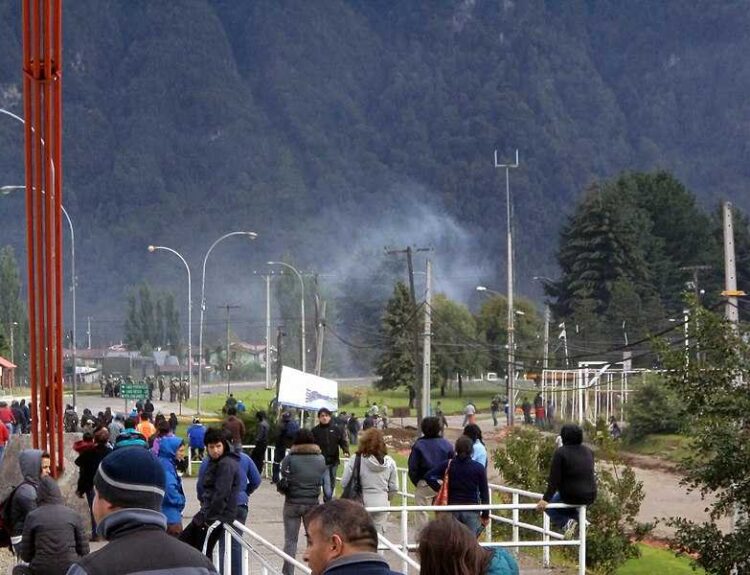U.S. and partners consider controversial plan as Congress blocks funding
- U.S. and partners exploring using frozen Russian central bank reserves to back loans to Ukraine
- Western officials considering various ideas to seize Russian funds without spooking investors
- Congress blocking funding for Ukraine, prompting search for alternative sources of financial support
- Billions of dollars in Russian reserves frozen across U.S., Europe, and Japan after outbreak of war
The U.S. and its partners are exploring ways to use some of the $300 billion in frozen Russian central bank reserves to back loans to Ukraine. This is one of several ideas being considered by Western officials as they try to find a method to seize Russian funds without alarming international investors. With Congress blocking funding for Ukraine, there is a renewed urgency in Washington to find alternative sources of long-term financial support. Following the outbreak of war, billions of dollars in Russian foreign currency reserves, gold, and government bonds were frozen across the U.S., Europe, and Japan to prevent them from being used to finance the illegal invasion.
Public Companies:
Private Companies:
Key People:
Factuality Level: 7
Justification: The article provides some relevant information about the frozen Russian central bank reserves and the potential use of these funds to back loans to Ukraine. However, it lacks specific details and sources to support the claims made. The article also includes some biased language, referring to Russia’s actions as an ‘illegal invasion’ without providing a balanced perspective. Overall, the article is somewhat factual but could benefit from more thorough research and objective reporting.
Noise Level: 3
Justification: The article contains some relevant information about the frozen Russian central bank reserves and the potential use of those funds to back loans to Ukraine. However, it lacks depth and analysis on the long-term trends or consequences of these actions. It also does not provide evidence or examples to support its claims. Overall, the article is brief and lacks scientific rigor and actionable insights.
Financial Relevance: Yes
Financial Markets Impacted: The article mentions the frozen Russian central bank reserves in the U.S., Europe, and Japan, which could potentially impact financial markets and investors.
Presence of Extreme Event: No
Nature of Extreme Event: No
Impact Rating of the Extreme Event: No
Justification: The article discusses the freezing of Russian central bank reserves and the consideration of using those funds to back loans to Ukraine. While there is no mention of an extreme event, the financial implications of the frozen reserves could have an impact on international investors and financial markets.
 www.wsj.com
www.wsj.com 




